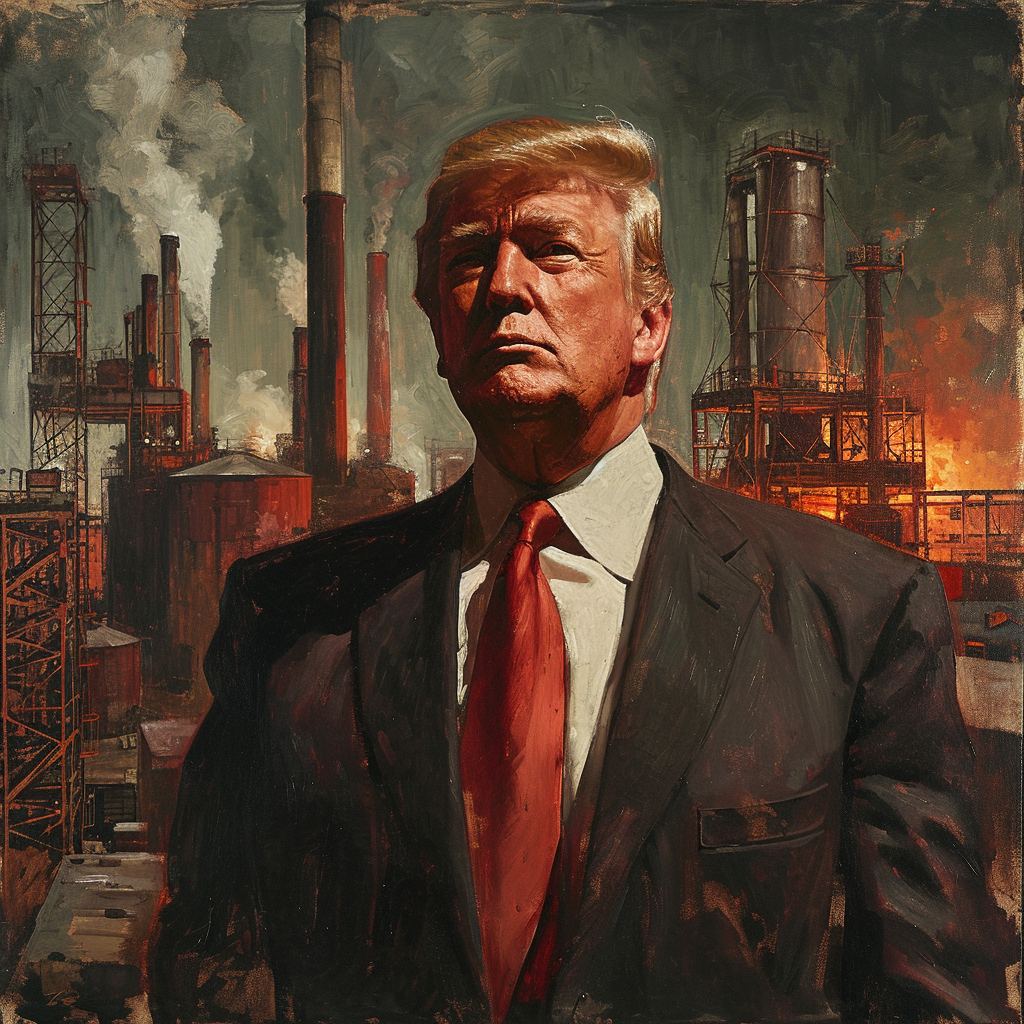
David Stockman, a former director of the Office of Management and Budget under President Reagan and a former U.S. congressman, discusses his new book, "Trump's War on Capitalism," on The Tom Woods Show.

David Stockman, a former director of the Office of Management and Budget under President Reagan and a former U.S. congressman, discusses his new book, "Trump's War on Capitalism," on The Tom Woods Show. Stockman critiques the economic policies of the Trump administration, arguing that they have deviated from conservative principles and have not effectively addressed the nation's fiscal challenges.
Stockman emphasizes the need for a decisive shift in national policy towards fiscal rectitude, a restrained Federal Reserve, federalism, smaller government, and a peaceful foreign policy. He expresses concern that without a genuine conservative party that addresses fundamental economics and the welfare-warfare state, there is little hope for reversing the state's drift.
Despite Trump's claims of economic success, Stockman points out that the average real economic growth rate during Trump's tenure was only 1.5%, which is half the average for all presidents since Truman. Moreover, the U.S. lost jobs during his presidency, and Trump's policies contributed to the largest financial bubble in history and a doomsday fiscal machine in Washington.

Stockman criticizes Trump's trade policies, particularly the tariffs that led to retaliation and impacted American agriculture. He also notes that Trump's fixation on China could exacerbate tensions in the Far East.
Despite some correct stances on foreign policy, Stockman argues that Trump's appointments of interventionist figures like John Bolton and Mike Pompeo contradicted his America-first rhetoric. He also criticizes the substantial increase in defense spending under Trump's administration.
Stockman suggests that breaking up the uniparty system and discrediting the Republican establishment may be necessary to change the course of national policy. He also advocates for term limits and campaign finance reform to shift power from career politicians to citizen legislators.
David Stockman's analysis of the Trump administration's economic policies is a sobering critique of what he perceives as a departure from true conservative principles and a failure to address the nation's fiscal challenges effectively. Stockman's call for a return to fiscal discipline, a restrained Federal Reserve, and a non-interventionist foreign policy underscores his belief that the current trajectory is unsustainable. His insights into the potential consequences of Trump's trade and foreign policies, as well as his suggestions for political reforms, reflect a deep concern for the future of American democracy and capitalism. As the nation looks ahead, Stockman's perspective offers a compelling argument for a reevaluation of the economic policies and political structures that govern the United States.